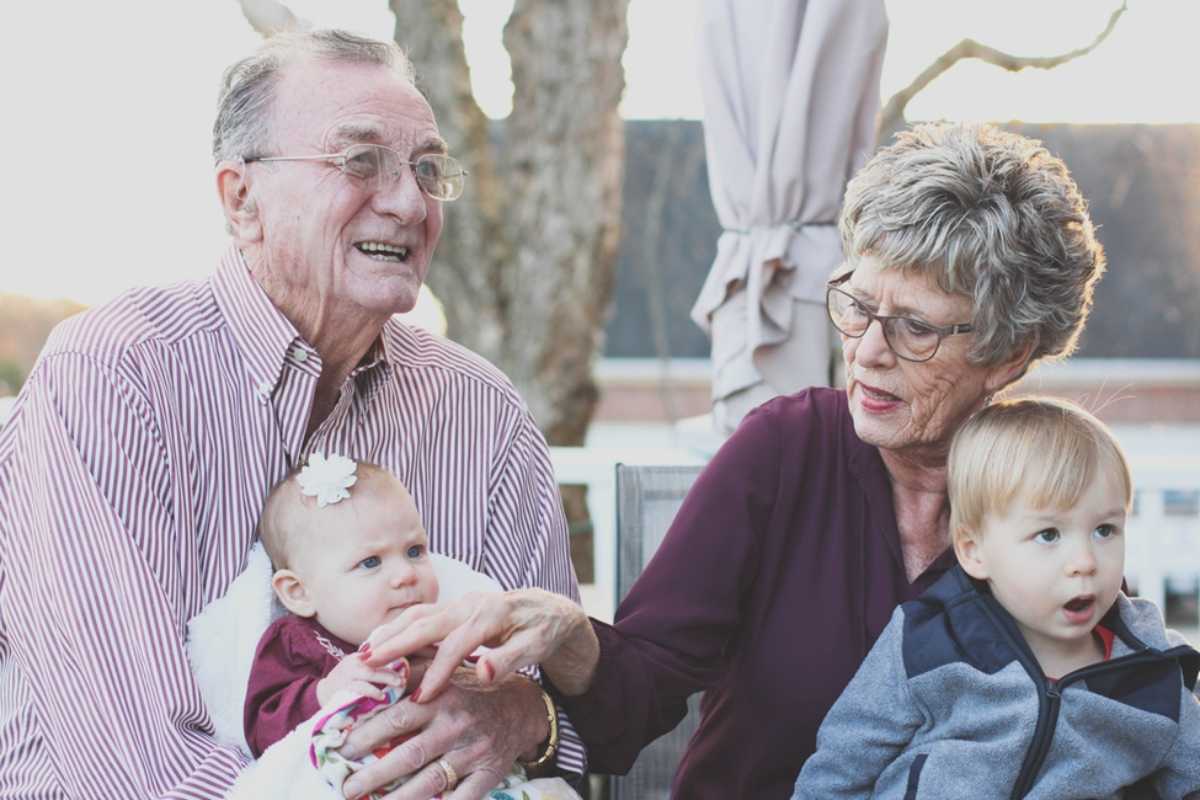Whether it’s right for an ageing family member to move into an age-in-one place retirement residence depends on a variety of factors. It’s no easy decision, but it helps to ask a few questions:
- Can the family member afford to live in an age-in-one place retirement home?
- Will the family member enjoy a community they don’t have where they’re currently living?
- Will they have access to more medical resources?
- How will moving affect their physical and mental health?
Of course, unless your ageing family member has a health condition, such as late-stage dementia, that prevents them from making informed decisions about their future or wellbeing, it may not be ethical for you or another family member to decide for them. They should make the decision for themselves. But they should also consider what’s best for your family. To that end, the decision should be a collective one.You should also get yourself familiar with all health conditions associated with old age. For instance, it’s important to know about the stages of Dementia so you’ll to know if your loved ones are able to make a sound decision or if it’s your responsibility to make the decision for them.
However, that’s easier said than done.
Easier Said than Done
Life is rarely black and white. Collectively determining what’s best for your ageing loved one probably won’t be a straightforward affair. And even if you and your loved ones are confident that it would be best for your family if your ageing loved one were to move into an age-in-one place retirement residence, your ageing loved one might nonetheless not want to make the move.
If that’s the case, the situation can get very complicated, and there’s no 100% right or 100% wrong decision. That said, some options will be better than others, so it’s important that you and your family think it through.
Why Your Ageing Loved One Might Not Want to Move
Why might your ageing loved one not want to move? There are virtually an infinite number of reasons. Some of the most popular are:
- Your loved one is attached to their possessions
- They’re afraid of change
- They’ve always been a stubborn person
- They have a mental health condition, such as anxiety, which makes it difficult for them to make decisions
- They’re worried about what other people will think
If you’re in a situation like this. The best option is to sit down and talk with your ageing loved one. Preferably in the company of other family members, as well as your ageing loved one’s friends. Your ageing loved one is more likely to be receptive to new ideas.When they’re in a room with their friends and family.
The Bottom Line
There’s no right or wrong way to decide whether it would be best for your family if your ageing loved one were to move into a retirement residence. Even if the majority of your family members think the move would be a good idea. Ideally, the decision should be made collectively, as a family, although in the end. Unless a health condition prevents your ageing loved one from making an informed decision. The decision is up to them, and you should respect that.








